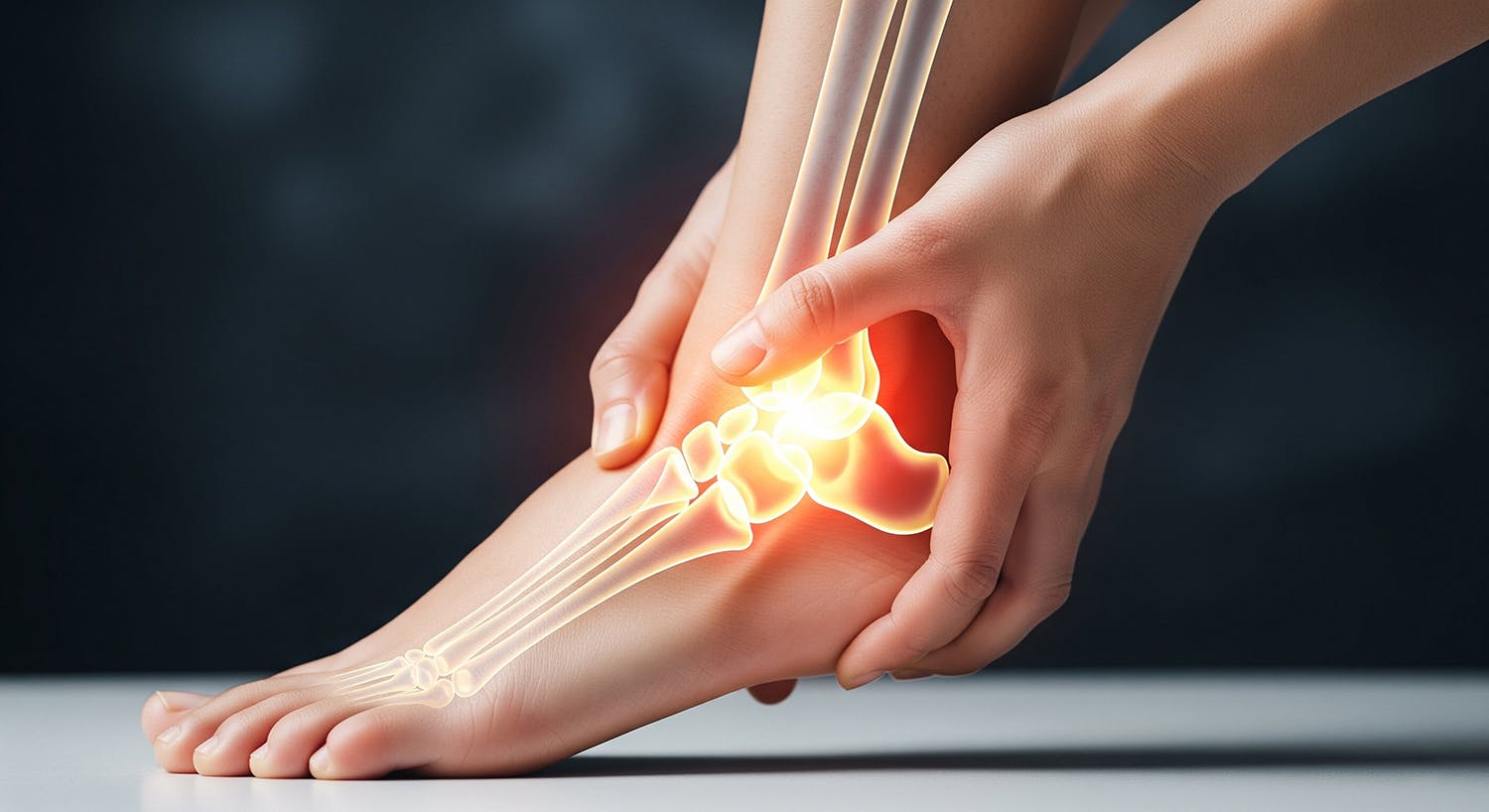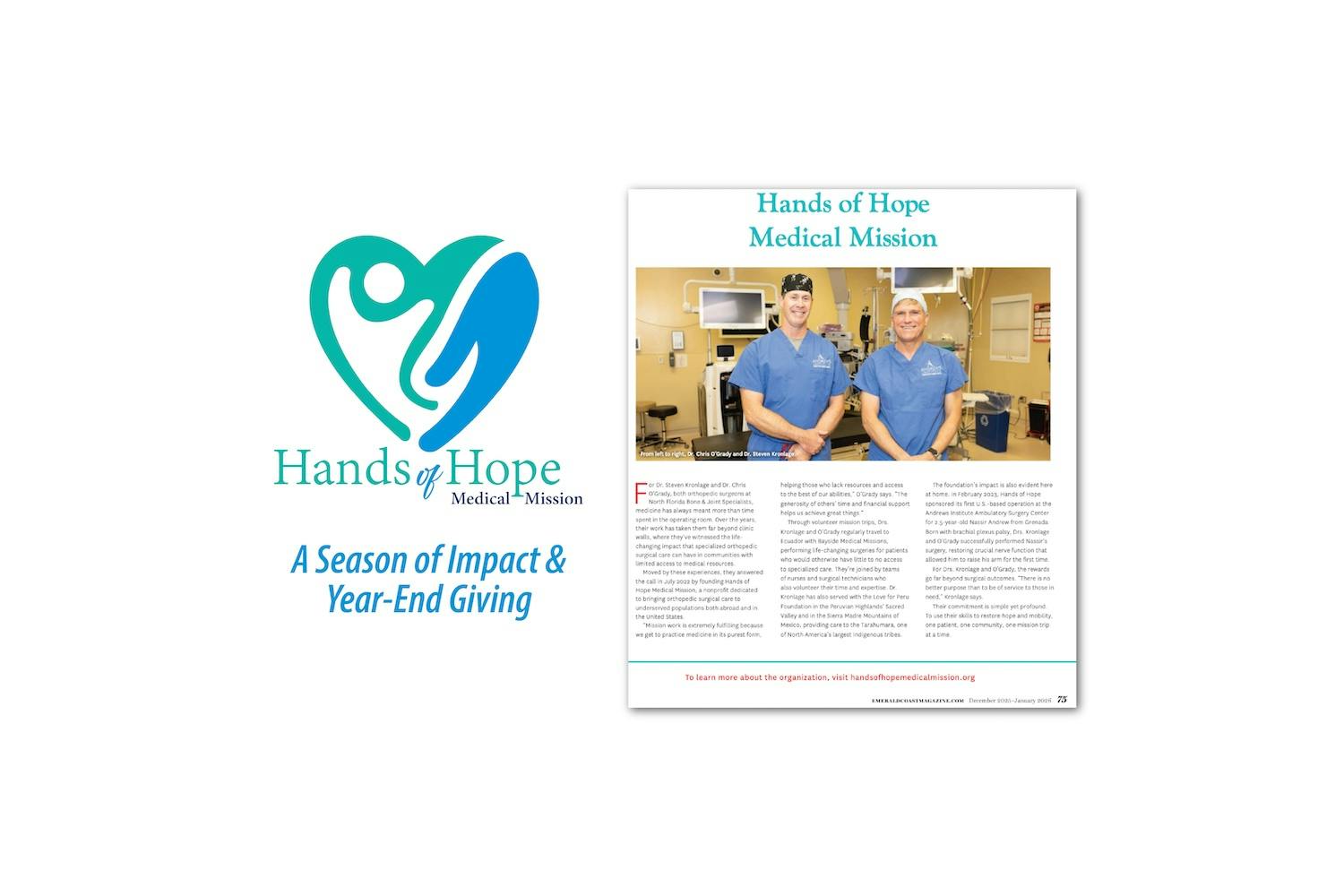- Blog
Men's Physicals & Hormone Levels
Posted on 02-27-2026 in Primary Care Sports Medicine, sports medicine physicals, low testosterone & hormone levels by Dr. Joshua Hackel

Posted on 02-27-2026 in Primary Care Sports Medicine, sports medicine physicals, low testosterone & hormone levels by Dr. Joshua Hackel
As we recognize Men’s Health Month in June, annual physical exams are an essential topic of discussion. After all, these yearly visits are considered a preventative measure to get in front of issues before they develop into conditions or diseases. However, unlike a routine annual physical, a sports medicine physical evaluates your current health status and medical history to ensure you are healthy enough to participate in physical activity.
While most associate sports physicals with high school or college student-athletes, these exams are helpful to anyone who participates in athletics at any level. Your sports medicine physician will review any preexisting injuries and assess your current fitness level to determine that there is no risk associated with your chosen activities. Sports medicine physicals typically include an evaluation of a patient’s height, weight, vision, hearing, heart health and blood pressure. These visits also include an analysis of muscle and bone health, flexibility, and strength.
Additionally, sports medicine physicals are ideal for men to evaluate hormone levels and other metabolic indicators. This allows for greater insight into athletic performance and overall health. In fact, low testosterone can often be correlated to symptoms in male patients such as loss of muscle mass and bone density, weight gain and decreased energy levels, among others.
Testosterone levels typically peak during adolescence and begin to decline about 1% per year after age 30 or 40. As these levels decrease, it is essential to determine if it results from aging or a condition known as hypogonadism, which leaves the body unable to produce normal amounts of testosterone.
While testosterone replacement is not the “fountain of youth,” it can be an option for some patients to increase strength and bone density, which helps prevent osteoporosis. There is also evidence that testosterone treatments can benefit heart health, with lower levels contributing to heart issues. Keeping testosterone levels appropriate may also contribute to preventing cardiovascular disease (CVD). However, further research is needed to evaluate the complex relationship between testosterone and CVD.
To schedule a preventative sports medicine physical or discuss issues related to hormone levels with Dr. Josh Hackel, complete our online appointment request or call 850-916-8783 to schedule a visit. As a board-certified and fellowship-trained sports medicine physician, Dr. Hackel specializes in providing general primary sports medicine care and treating musculoskeletal and orthopaedic injuries. His primary aim is to maximize healing and minimize recovery time, allowing for a rapid return to sport, work and daily activities.

If you’ve ever sprained your ankle and thought, “this isn’t a big deal…it’s a minor injury,” you’re not alone. Ankle sprains are among the most common musculoskeletal injuries, especially in active adults and athletes. However, for some patients, what begins as a simple sprain becomes a frustrating cycle in which the ankle feels weak, unstable, and prone to “rolling” again and again. Understanding why this happens is the first step toward breaking the cycle and restoring long-term stability.

February is American Heart Month, a time to raise awareness about cardiovascular health and its far-reaching effects. While most people recognize the importance of heart health for longevity and disease prevention, fewer realize its critical role in musculoskeletal well-being. At North Florida Bone & Joint Specialists, we emphasize a comprehensive approach to orthopaedic care, recognizing that a strong heart supports strong bones and joints.

North Florida Bone & Joint Specialists is honored to share the Hands of Hope Medical Mission feature in the newly released December 2025/January 2026 issue of Emerald Coast Magazine. As part of the Medical Profiles section of this edition, the article highlights how two of our own, Dr. Steven Kronlage and Dr. Chris O'Grady, volunteer their time and talents to bring compassionate orthopaedic care to communities with limited access to medical services.